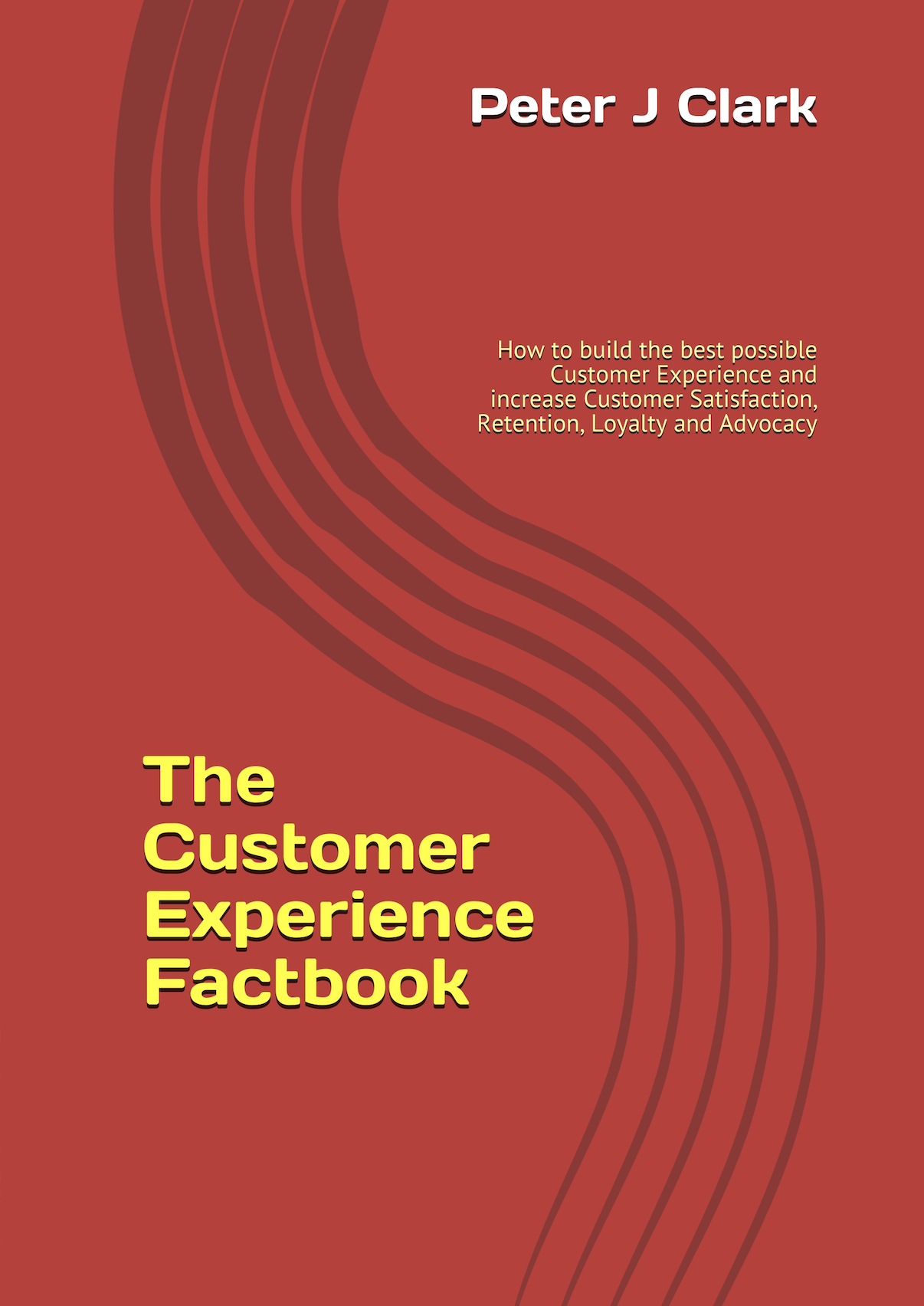Travel loyalty must 'go the extra mile'
In addition to a sound customer aquisition strategy, creating a loyal customer base is critical to any company that relies on repeat business. But the travel industry may now have been 'resting on its laurels' for too long, according to Anamaria Chiuzan, product marketing manager for loyalty specialist The Logic Group.
In today's harsh economic environment, there are few industries that haven't reported a drop in sales or struggled to maintain a steady turnover. The travel industry, however, has been particularly badly hit by the so-called 'staycation' (stay-at-home holidays) and by companies cutting back on all but the most essential business travel.
The consequences for the travel sector have already been dramatic: hundreds of redundancies, cancelled flight paths, and thousands of empty hotel rooms. With the media continuing to report on tough times facing the travel industry, it is clear that this is one sector where companies must minimise customer attrition and focus instead on the benefits of customer loyalty.
Loyalty schemes based on airline miles have been a firm favourite with airlines and travel companies for many years but, if people cut down on the amount they travel, the allure of accruing miles will also be diminished. According to Chiuzan, travel companies should instead look at new partnerships to help enthuse their loyalty scheme members. Indeed, travel loyalty programmes should be highly selective about their partners, and should opt only for link-ups that reinforce their brand's core values.
One approach that could help lessen the impact of changes in travel behaviour is to extend the reach of the loyalty scheme so that it takes in a greater number of customers. For example, British Airways (BA) recently amended its frequent flyer programme, Executive Club, to allow travellers with economy tickets to earn Executive Club points. This strategy suggests that BA is working hard to reach out to all of its customers and to understand their needs, placing it in a better position to compete with cheaper airlines and ultimately to win back lost customers.
A recent survey by Ipsos MORI and The Logic Group examined the imperatives for customer loyalty in the UK and identified some of key themes in terms of what consumers expect and what they receive from loyalty programmes, and whether or not they perceive any real value in those programmes that they have joined.
While 57% of boardroom executives feel that customer retention will be more important in 2009 than in 2008, only 23% cited customer acquisition as their top priority. However, 46% of consumers said that they were not part of any loyalty scheme, while 47% said that they are enrolled in a loyalty scheme with a supermarket or other retailer. The number of consumers participating in loyalty schemes in other sectors was very small by comparison, typically being in the region of 3% - 4%.
At the same time, only 51% described themselves as being "fairly satisfied" with the programmes they members of. While only a handful expressed outright dissatisfaction, such a moderate satisfaction rating for loyalty rewards is disappointing for marketers who are attempting to engender the kind of loyalty that leads people to be faithful customers. "Perhaps one reason for this lacklustre reaction is a disconnect between customers' expectations of how their loyalty should be recognised and the reality of what they receive," Chiuzan suggested.
Rewarding loyalty must therefore be about more than earning points or one-off discounts. Good customer service (34%) was the single aspect most likely to encourage people to spend more, followed by personalised rewards they felt were relevant to them (30%). Both were rated more highly than reward points (25%) or vouchers (16%).
At the opposite end of the loyalty scale, poor customer service (44%) is the aspect most likely to put people off increasing their spend, followed by unachievable rewards (28%), unrealistic points expiry deadlines (20%), or receiving too much communication (18%).
"Hard as it might be to incorporate something like good service into a customer loyalty scheme, this research highlights an opportunity for making great strides," concluded Chiuzan. "Travel companies should take note: rather than service being a part of loyalty, perhaps loyalty should be incorporated into an over-arching leadership philosophy when it comes to delivering good service to the customer, and rewarding loyalty using a variety of mechanisms to meet a variety of needs."
Sources: The Logic Group; Ipsos MORI / The Marketing Factbook.
Copyright © 2009 - 2025 The Marketing Factbook.
Categorised as:
- Customer Experience
- Customer Loyalty
- Knowing The Customer
- Marketing Know-How
- Marketing Technology
